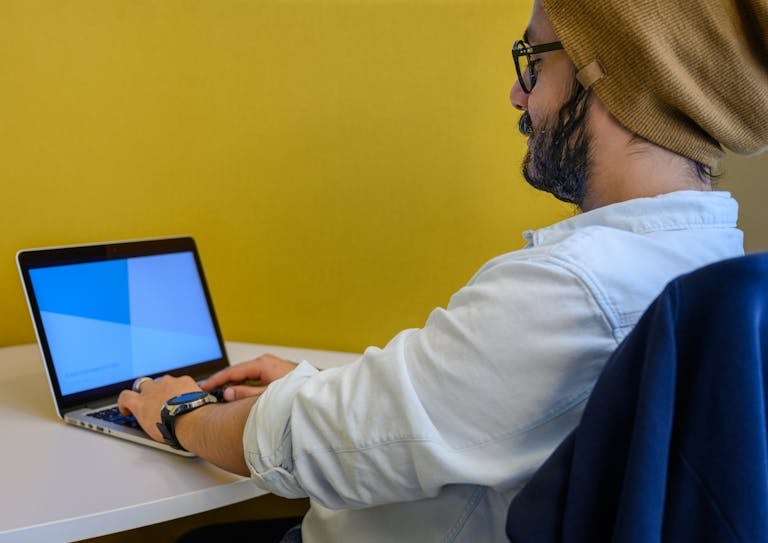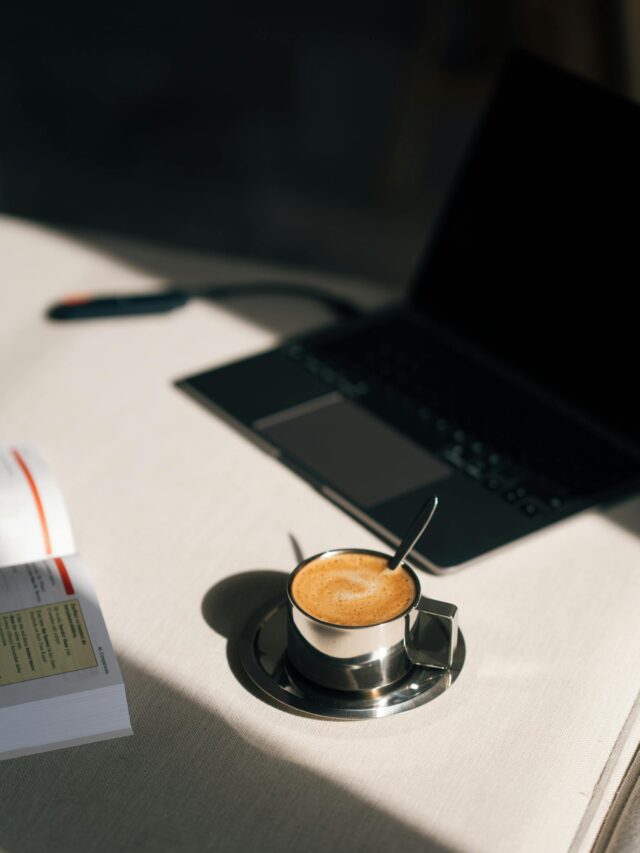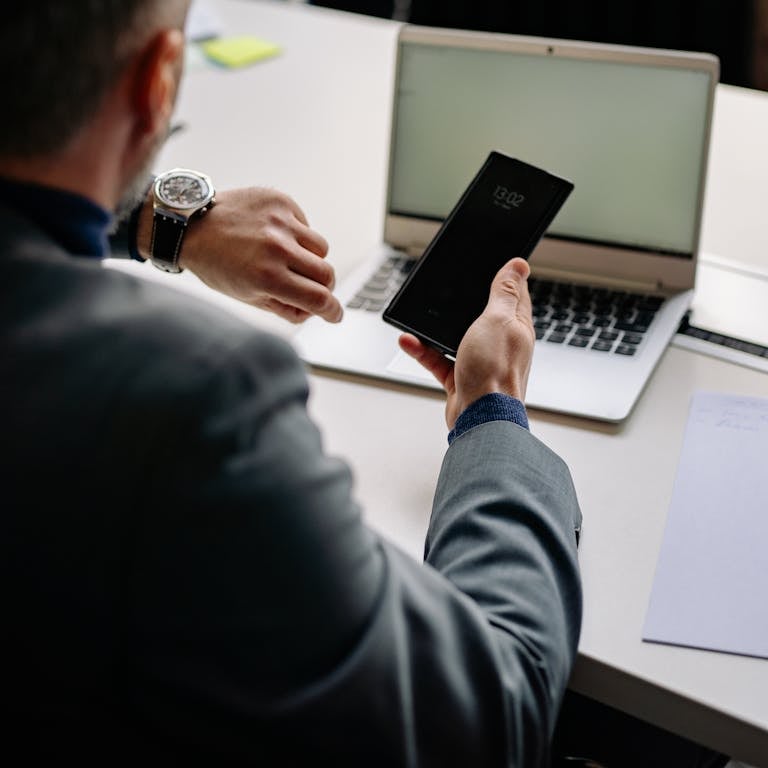In a world filled with excess—whether it’s stuff, information, or obligations—more and more people are turning to minimalism as a way to reclaim control over their lives. Minimalism isn’t just about getting rid of things; it’s about living intentionally and focusing on what truly matters. The concept of “less is more” can bring greater happiness, clarity, and peace into your daily life. Let’s explore the benefits of minimalism and how embracing a minimalist lifestyle can lead to a more fulfilling and stress-free existence.

1. What Is Minimalism?
At its core, minimalism is about simplifying your life by removing the excess and focusing on the essentials. It involves intentionally choosing to keep only the things that add value to your life, whether they’re physical possessions, relationships, or commitments. Minimalism is not a one-size-fits-all approach, but rather a mindset that encourages you to evaluate what’s truly important and align your life accordingly.
2. The Psychological Benefits of Minimalism
One of the most significant benefits of minimalism is its positive impact on mental well-being. When we accumulate more possessions, information, and responsibilities, it can create a sense of overwhelm and stress. Here’s how minimalism can help:
- Reduced Stress and Anxiety
A cluttered space often leads to a cluttered mind. When your environment is organized and free of unnecessary distractions, it can help create a sense of calm. Studies have shown that physical clutter can contribute to feelings of anxiety and stress. By embracing minimalism, you can reduce this mental load and create a peaceful, organized space where you can focus on what truly matters. - Increased Focus and Clarity
Minimalism allows you to eliminate distractions, both physically and mentally. When you declutter your surroundings, you free up mental space, making it easier to concentrate on your goals and priorities. Whether it’s a project at work, a personal passion, or a relationship, minimalism helps you focus on what’s most important and cut out distractions that hinder progress. - Enhanced Creativity
A simplified environment can foster creativity. Without the constant barrage of distractions and clutter, your mind has more room to think creatively. Minimalism encourages you to create space for new ideas and solutions, which can be particularly helpful for problem-solving and innovation.
3. The Practical Benefits of Minimalism
Minimalism doesn’t just benefit your mind—it can also improve your practical day-to-day life in numerous ways:
- More Time for What Matters
When you eliminate unnecessary possessions and commitments, you create more time for the things you truly care about. Minimalism helps you focus your time and energy on your relationships, hobbies, and personal growth. Rather than spending time maintaining things or managing clutter, you can dedicate your time to activities that bring you joy and fulfillment. - Better Financial Health
Minimalism can have a significant impact on your finances. When you stop accumulating unnecessary possessions and focus on buying only what you need, you’ll likely spend less. This not only helps you save money but also encourages a more intentional approach to your purchases. Instead of buying impulsively, minimalism encourages you to invest in items that truly add value to your life. - Less Decision Fatigue
The more choices you have, the more energy it takes to make decisions. Whether it’s choosing what to wear, what to eat, or how to organize your day, the constant need to make decisions can lead to fatigue. Minimalism helps reduce decision fatigue by simplifying your options, allowing you to conserve mental energy and focus on more important decisions. - Increased Productivity
A clutter-free environment can improve your productivity. With fewer distractions, you can accomplish tasks more efficiently and with greater focus. Minimalism also encourages you to prioritize the most important tasks, rather than wasting time on less meaningful activities.
4. How to Embrace Minimalism in Your Life
Adopting a minimalist lifestyle doesn’t mean you need to throw away everything you own or radically change your way of living. It’s about making intentional choices that align with your values and goals. Here are some practical steps you can take to embrace minimalism:
- Declutter Your Space
Start by decluttering your home or workspace. Go through your possessions and ask yourself if each item truly adds value to your life. If it doesn’t, let it go. Be mindful about what you keep and only hold onto items that serve a purpose or bring you joy. - Simplify Your Schedule
Take a closer look at how you spend your time. Are you overcommitted to activities or obligations that don’t align with your values? Prioritize the things that matter most and say no to the rest. Simplifying your schedule can give you more time to focus on your personal goals and well-being. - Adopt Mindful Consumption
Minimalism is not just about what you own—it’s also about how you consume. Be mindful of your purchases and focus on buying only what you truly need or love. This not only reduces clutter but also helps you make more conscious, intentional choices when it comes to your spending. - Create Space for What Matters
Minimalism isn’t just about removing things—it’s about making space for the things that truly matter. Whether it’s more time for self-care, deeper connections with loved ones, or pursuing your passions, minimalism allows you to create room for what brings you joy and fulfillment.
5. The Long-Term Impact of Minimalism
As you continue to embrace minimalism, you’ll begin to notice long-term benefits that improve your overall quality of life. Over time, minimalism can:
- Enhance Your Emotional Well-Being
By letting go of excess possessions and distractions, you create a life that is more focused, balanced, and aligned with your values. This can lead to a deeper sense of fulfillment and happiness. - Encourage Personal Growth
Minimalism fosters a mindset of self-awareness and intentionality. By simplifying your life, you’re able to invest more energy into personal growth and self-improvement, whether it’s developing new skills, learning new things, or cultivating better habits. - Create a More Sustainable Lifestyle
Minimalism encourages sustainable living by promoting the idea of consuming less and valuing quality over quantity. This can lead to a more eco-friendly lifestyle, as you become more mindful of your consumption and its impact on the planet.
Q: Is minimalism about owning nothing?
A: Not at all! Minimalism is about owning only what adds value to your life. It’s about living intentionally and focusing on the things that are most important to you.
Q: How can I get started with minimalism?
A: Start by decluttering your space and simplifying your schedule. Focus on reducing distractions and making more intentional choices about what you bring into your life.
Q: Does minimalism mean I can’t enjoy things?
A: Not at all. Minimalism is about enjoying the things that truly bring you joy and value. It’s about letting go of excess and focusing on what matters most.
Embrace Minimalism Today!
Start simplifying your life and discover the joy of living intentionally. Declutter your space, prioritize your time, and focus on what truly matters to you. Minimalism is the key to a more peaceful, productive, and fulfilling life!

I’m EKBAL HOSSAIN MONDAL, the creator of SmartSolveTips.com — a blog dedicated to helping people improve productivity, avoid digital burnout, and live better online. With years of hands-on experience in self-development and digital wellness, I write practical tips and tools to help you stay focused and thrive in a fast-paced digital world.






